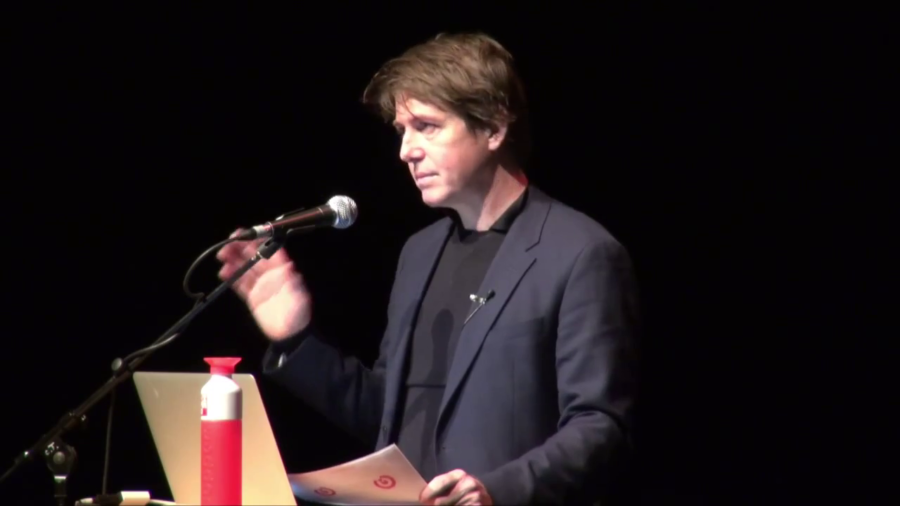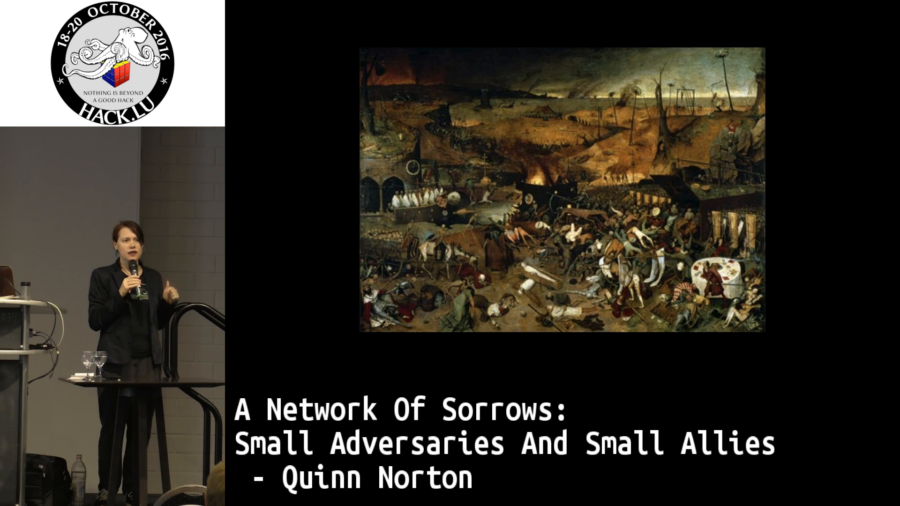Otherwise engaged refers to our time as a time of distraction. As a time when social media is actually beginning to focus our attention on things that are distracting. And I want to talk a little bit about first of all of our new—and it’s going to sound like an oxymoron, but it’s our new sort of distracted modes of engagement.
Archive (Page 1 of 2)
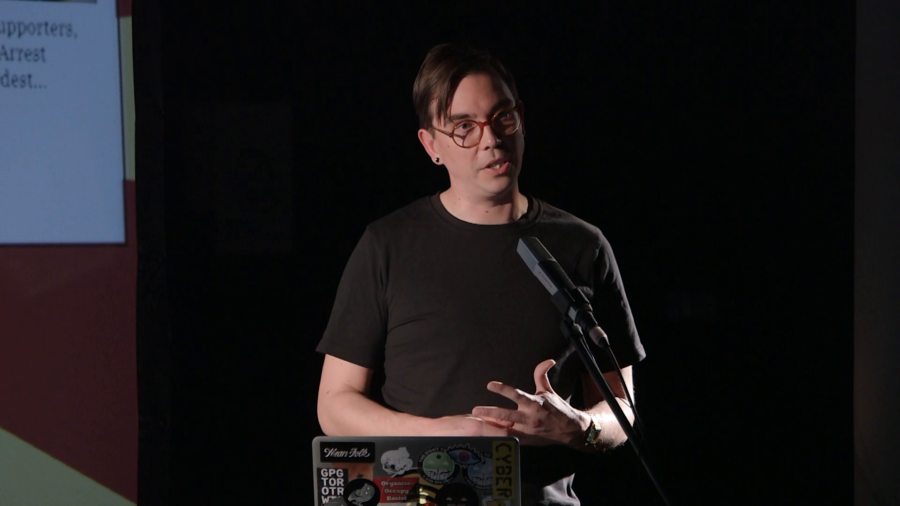
Citizenship, after not thinking about it for a while, feels like something we’re all thinking about quite a lot these days. In the words of Hannah Arendt, citizenship is the right to have rights. All of your rights essentially descend from your citizenship, because only countries will protect those rights.
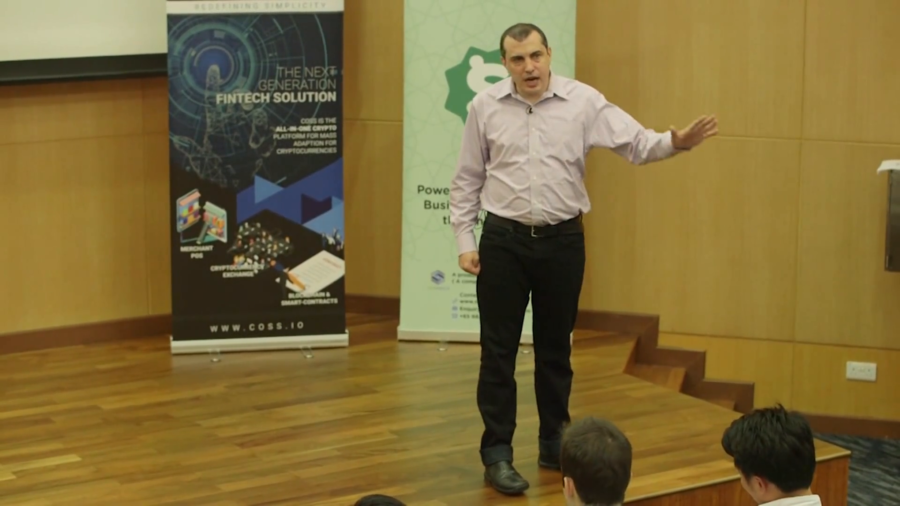
The culture gap at the center of the debate we’re having today is a culture gap between people who build hardware and people who build software. And those cultures have been diverging since the 1950s.
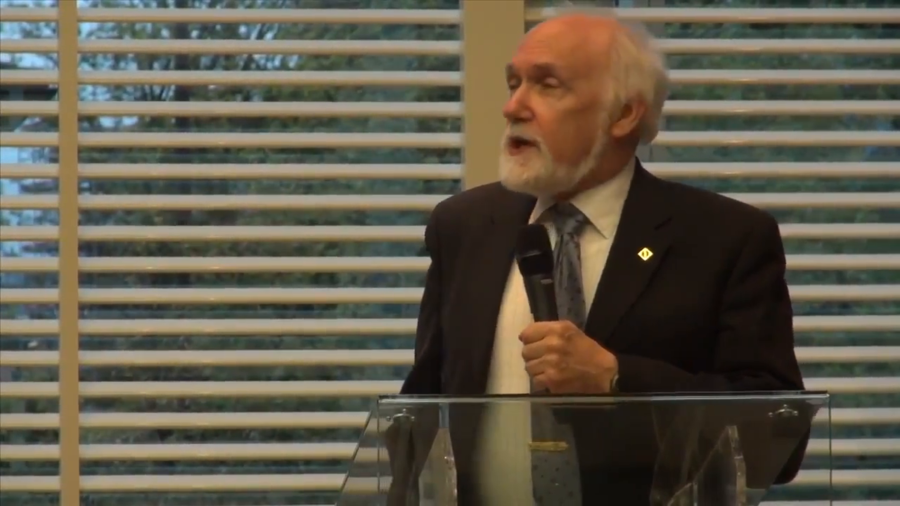
When many of the people in this room were beginning to lay the groundwork for the network in the 60s, I was working as a political scientist and worrying about communications patterns and how those worked.
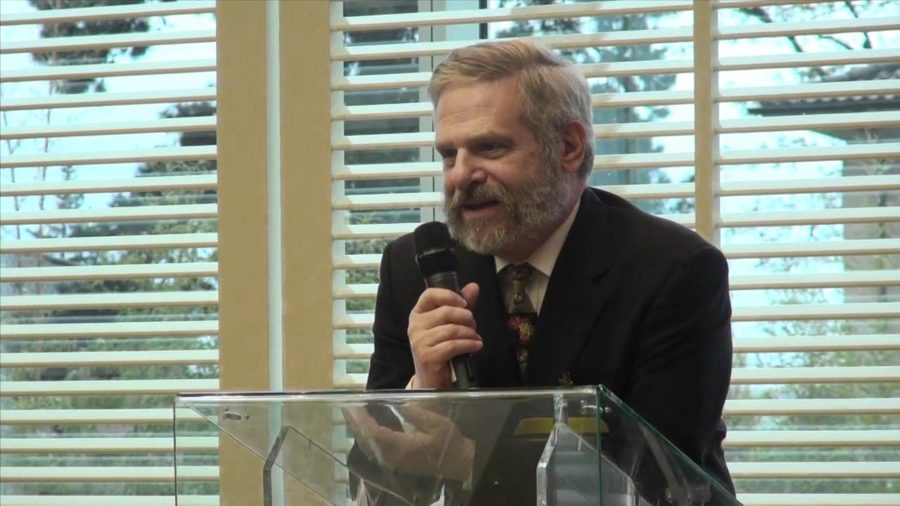
We mean well, but we also do good and we also do damage. Well-meaning Americans did something called the Leland Initiative, which broke networking in the indigenous networks in ten African countries and empowered the PTT monopolies.
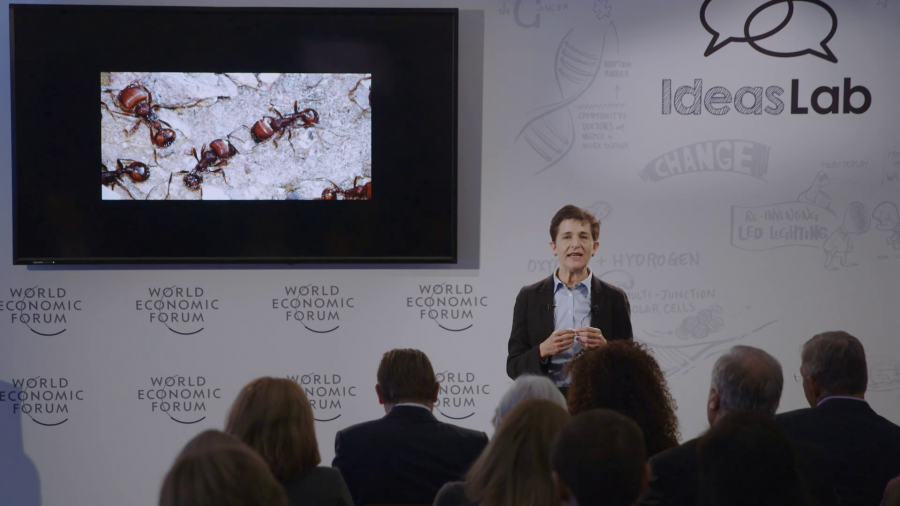
How can we extend what we are learning about how simple local interactions in ant colonies or in brains, in the aggregate, produce the collective behavior of the group and the way that it responds to changing conditions? How can we extend what we’re learning about collective behavior in other systems to begin thinking about collective behavior in human social organizations?
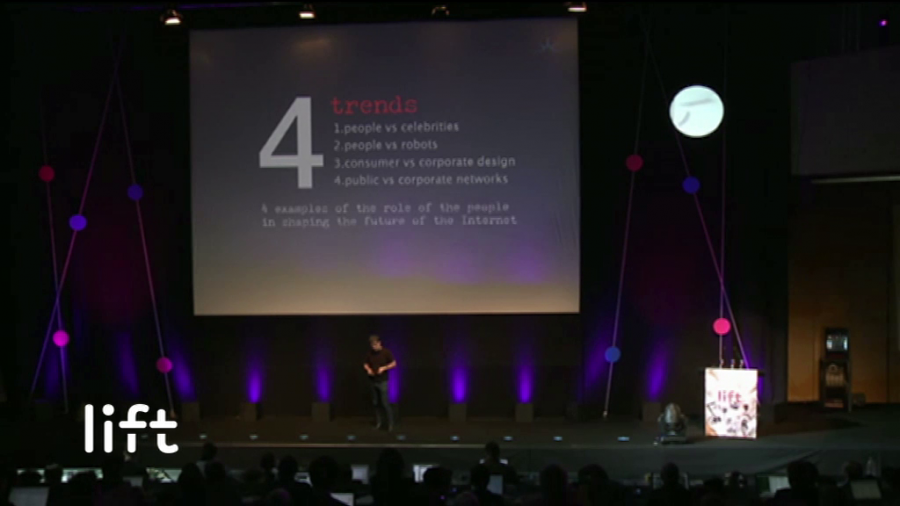
This quote’s from Andy Warhol. He was looking at America and saying America’s different. He’s saying, “Well, Elizabeth Taylor’s drinking Coke and I’m drinking Coke and the bum on the street’s drinking Coke, and it’s all the same thing.” For the first time in history, mass market culture has allowed us all to enjoy the same thing. This is not champagne. The bum on the street can’t afford champagne.
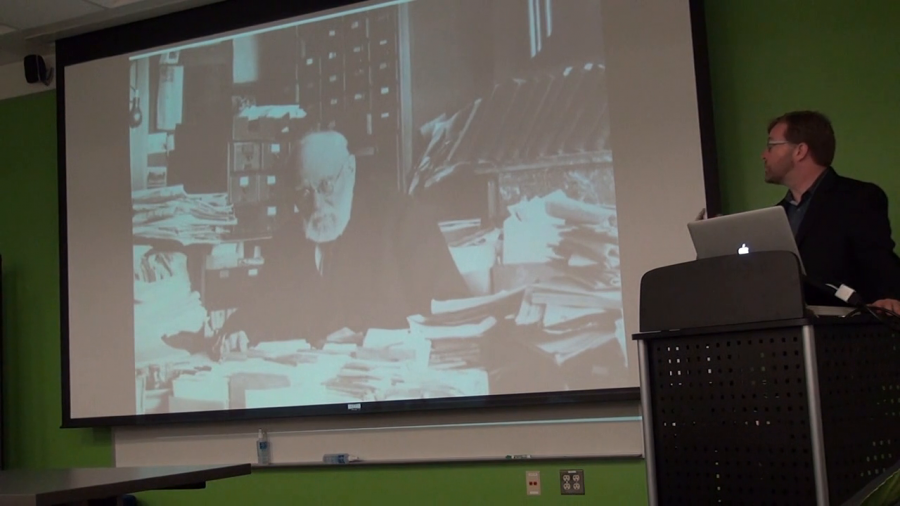
I wanted to give you a little bit of perspective on Otlet’s broader vision, which I think is in a way even more interesting as a reference point for thinking about some of the changes we’re seeing today as our lives are increasingly reshaped by technology and networks. What Otlet offers is a different way into that space, and a different way of thinking about what a networked world could look like.

